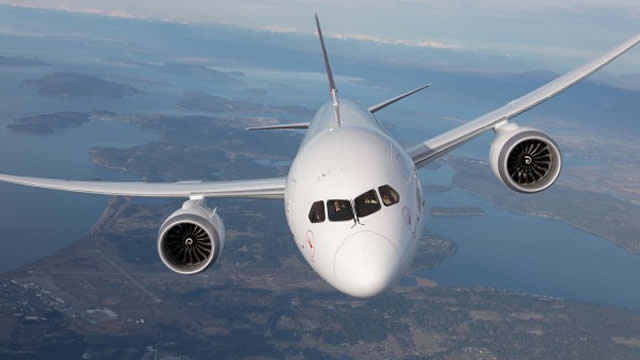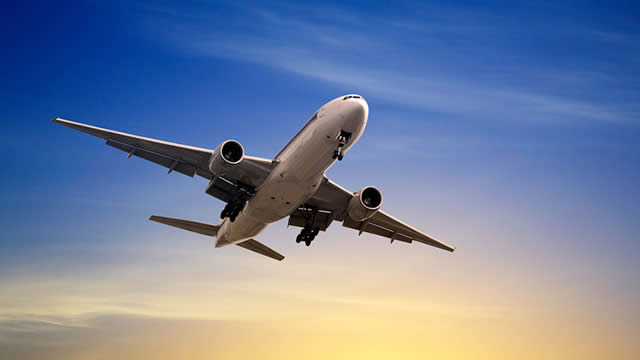Airline Stocks Plummet: A Disappointing Consumer Sentiment
The airline industry took a hit on Tuesday as investor confidence waned following Jefferies analysts’ downward revision of ratings for three out of the four major U.S. carriers. The analysts’ report stated, “consumer sentiment continues to disappoint,” casting a shadow over the sector’s recovery.
Impact on Airlines
Jefferies lowered its rating for Delta Air Lines, American Airlines Group, and United Airlines, while maintaining a hold on Alaska Air Group. Delta and American Airlines experienced a decline of 4.7% and 5.6%, respectively, while United Airlines dropped by 6.1%. The downgrade comes amidst a backdrop of rising fuel prices, labor disputes, and the ongoing impact of the COVID-19 pandemic on travel demand.
Consumer Sentiment: A Key Indicator
Consumer sentiment is a crucial indicator of economic health and consumer spending. It measures how optimistic or pessimistic consumers are regarding their financial situation and the overall economy. In the context of the airline industry, consumer sentiment plays a significant role in determining travel demand. A decrease in consumer sentiment can lead to a decrease in travel bookings and revenues for airlines.
Broader Implications
The downgrade of major U.S. airline stocks could have broader implications for the economy. The airline industry is a significant contributor to the U.S. economy, employing hundreds of thousands of people and generating billions of dollars in revenue. A decline in the airline sector can ripple through the economy, affecting industries such as hospitality, transportation, and retail.
Impact on Travelers
The downgrade of major U.S. airline stocks could potentially lead to higher airfares for travelers. With reduced investor confidence, airlines may struggle to raise capital for expansion or fleet modernization. This could limit capacity growth, leading to increased competition for available seats and potentially higher fares.
Global Impact
The downgrade of major U.S. airline stocks is not an isolated incident. Many global airlines are also grappling with the impact of the COVID-19 pandemic and rising fuel prices. The International Air Transport Association (IATA) expects the global airline industry to lose $31.4 billion in 2022, despite a recovery in passenger demand. The knock-on effects of this loss could ripple through the global economy, particularly in countries heavily reliant on tourism.
In conclusion, the downgrade of major U.S. airline stocks by Jefferies analysts is a significant development that could have far-reaching implications for the airline industry, consumer sentiment, and the broader economy. As the industry continues to grapple with the impact of the COVID-19 pandemic, rising fuel prices, and labor disputes, travelers and investors alike should remain vigilant and prepared for potential disruptions.
- Airline stocks took a hit following Jefferies’ downgrade of three major U.S. carriers.
- Consumer sentiment is a key indicator of travel demand and economic health.
- The downgrade could have broader implications for the economy and industries such as hospitality and retail.
- Travelers may face higher airfares due to reduced capacity growth.
- The global airline industry is expected to lose $31.4 billion in 2022, with potential ripple effects on the global economy.





